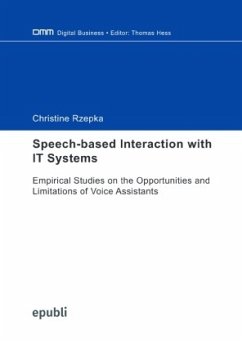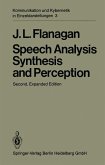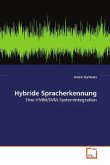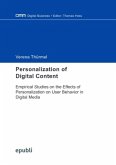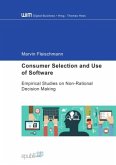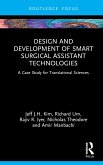Technological advancements in artificial intelligence have rapidly improved the performance of speech recognition and natural language processing. As a consequence, IT systems can recognize human speech and respond in a spoken manner in conversational interactions with their users. To make use of this speech-based interaction mode, humans increasingly adopt voice assistants, which support them in various tasks in private and organizational contexts. At the same time, companies develop speech-based applications to extend their services and add a new customer channel. Given the multitude of alternative interaction modes, such as keyboards or touchscreens, humans have a variety of options to choose from. Thus, understanding the additional benefits that speech offers, compared to their potential barriers, is crucial for finding suitable use cases and for designing speech-based interactions.Drawing on theories from linguistics, cognitive psychology, and information systems, this dissertation explores the opportunities and limitations of speech-based interactions with IT systems. The results of four empirical studies clarify the benefits of using speech; identify the risks that users perceive; and show how these factors depend on context, task, and user characteristics. These insights add to the research stream of user interactions with speech-based IT systems and offer practical implications for the choice and the design of spoken interactions.
Bitte wählen Sie Ihr Anliegen aus.
Rechnungen
Retourenschein anfordern
Bestellstatus
Storno

